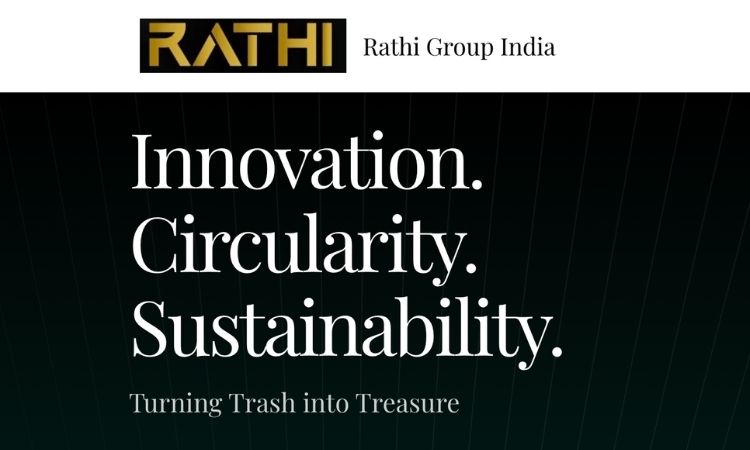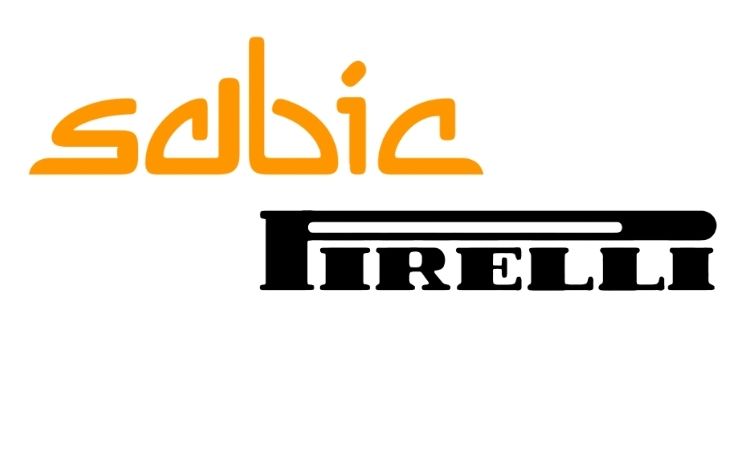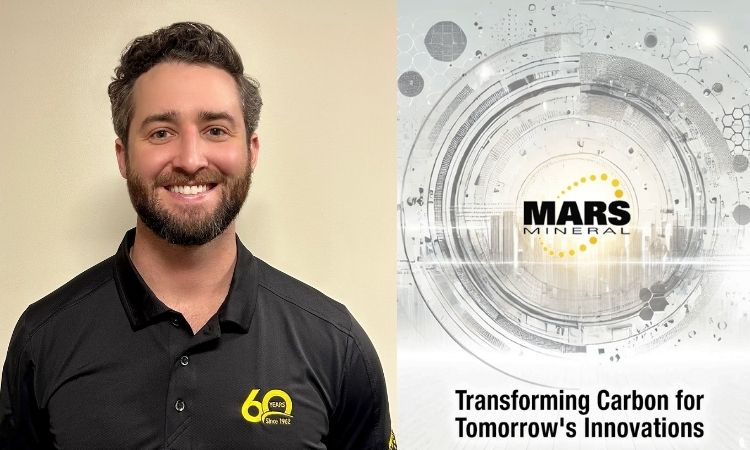China’s researchers find way to recycle waste tires getting valuable semiconductors
Chinese scientists discovered a groundbreaking method to treat tire rubber waste eliminating the harmful nature of 2-(methylthio)-bezothiazole (MTBT) – a toxic chemical-component of tires threatening human health that is being released when rubber meets the surfaces. What’s more, the scholars went beyond that and found a way how to benefit from the element – they created an organic semiconductor based on it.
The suggested organic semiconductor is considered to be more cost-efficient and flexible in comparison to its metallic counterpart. Its valuable use is that it can be applied in mobile phones’ displays.
Hui Huang at the University of the Chinese Academy of Sciences in Beijing in association with his colleagues conducted an experiment relying on a metal catalyst, acid and heat to get various semiconductor compounds. The research that goes under the title ‘Efficiently Converting Thioether Waste to Organic Semiconductors by Carbon-Sulphur Bond Activation’ has been published by the Chinese scientists in the journal Angewandte Chemie.
Article by Nature.
Weibold is an international consulting company specializing exclusively in end-of-life tire recycling and pyrolysis. Since 1999, we have helped companies grow and build profitable businesses.









